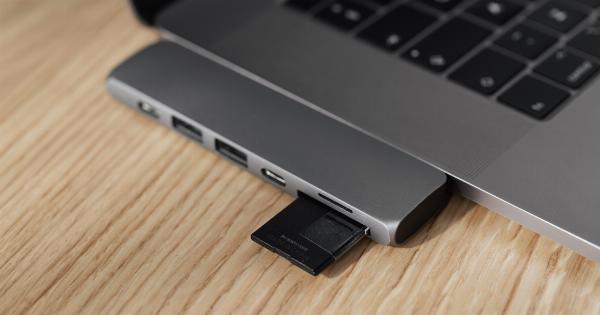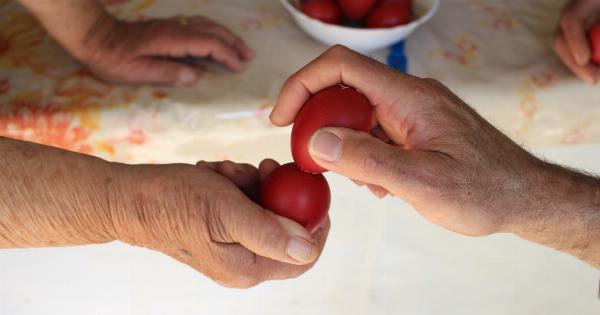Easter is a time for family, friends, and of course, delicious food. From baked ham to hot cross buns, Easter feasts are often filled with hearty dishes that can be hard on the stomach.
Unfortunately, indulging in these delectable treats can sometimes lead to uncomfortable heartburn. If you’re looking for ways to enjoy your Easter feast without any discomfort, read on to discover some effective solutions to prevent heartburn.
1. Be Mindful of Portion Sizes
One of the easiest ways to prevent heartburn is by practicing portion control. During Easter, it’s common for tables to be filled with a variety of dishes, tempting us to pile our plates high with everything.
However, overeating can put pressure on the stomach, causing the contents to reflux into the esophagus and trigger heartburn. To prevent this, try to be mindful of portion sizes and aim for smaller, more frequent meals throughout the day.
2. Choose Lean Protein Options
Fatty foods, such as a traditional glazed ham, can be a common trigger for heartburn. To reduce the likelihood of experiencing discomfort, opt for leaner protein options. Instead of a fatty ham, consider serving roasted turkey breast or grilled chicken.
These lean meats are not only healthier but also less likely to cause heartburn.
3. Limit Spicy Foods
Spicy foods can be delicious, but they can also be a recipe for heartburn. The capsaicin found in chili peppers can irritate the esophagus, leading to discomfort.
If you love spicy dishes, consider reducing the heat level or offering milder alternatives for those who are more sensitive to spices.
4. Avoid Acidic Foods and Beverages
Acidic foods and beverages, such as citrus fruits, tomatoes, and carbonated drinks, can increase the acidity in the stomach, making heartburn more likely.
While it may be challenging to avoid these tasty treats altogether, you can try to limit your intake or balance them out with alkaline foods like green vegetables.
5. Skip the Carbonated Drinks
Carbonated beverages, including soda and sparkling water, can contribute to bloating and increase the risk of heartburn. The carbonation causes gas to build up in the stomach, which can lead to discomfort.
Instead, opt for still water or herbal teas to stay hydrated without any fizzy consequences.
6. Eat Slowly and Chew Thoroughly
Wolfing down your Easter meal can lead to overeating and indigestion. Take your time to savor each bite and chew thoroughly.
Eating slowly allows your body to properly digest the food and helps prevent overloading the stomach, reducing the chances of heartburn.
7. Stay Upright After Eating
Lying down or reclining after a meal can promote the flow of stomach acid into the esophagus, causing heartburn. To prevent this, try to stay upright for at least two to three hours after eating.
You can take a leisurely stroll around the garden or engage in light activities to aid digestion and keep heartburn at bay.
8. Avoid Trigger Foods
Some foods are known to be common triggers for heartburn. These may vary from person to person, but common culprits include chocolate, mint, onions, and garlic.
If you’re prone to heartburn, consider avoiding these trigger foods or consuming them in moderation to minimize the risk of discomfort.
9. Don’t Overdo the Desserts
Easter desserts, such as rich chocolate cakes and creamy pies, can be irresistible. However, indulging in heavy, high-fat sweets can increase the likelihood of heartburn.
Opt for lighter options like fruit salads or angel food cake to satisfy your sweet tooth without overwhelming your stomach.
10. Consider Medications and Natural Remedies
If you’re prone to heartburn or anticipate indulging in foods that may trigger it, it may be helpful to have some heartburn remedies on hand. Over-the-counter medications, such as antacids or acid reducers, can provide temporary relief.
Additionally, natural remedies like ginger tea or licorice can help soothe the digestive system. However, it’s always advisable to consult with a healthcare professional before trying any new remedies.
With these Easter table solutions in mind, you can enjoy your festive feast without worrying about discomfort or heartburn. Remember to listen to your body and make choices that prioritize your well-being. Happy Easter and happy feasting!.


























